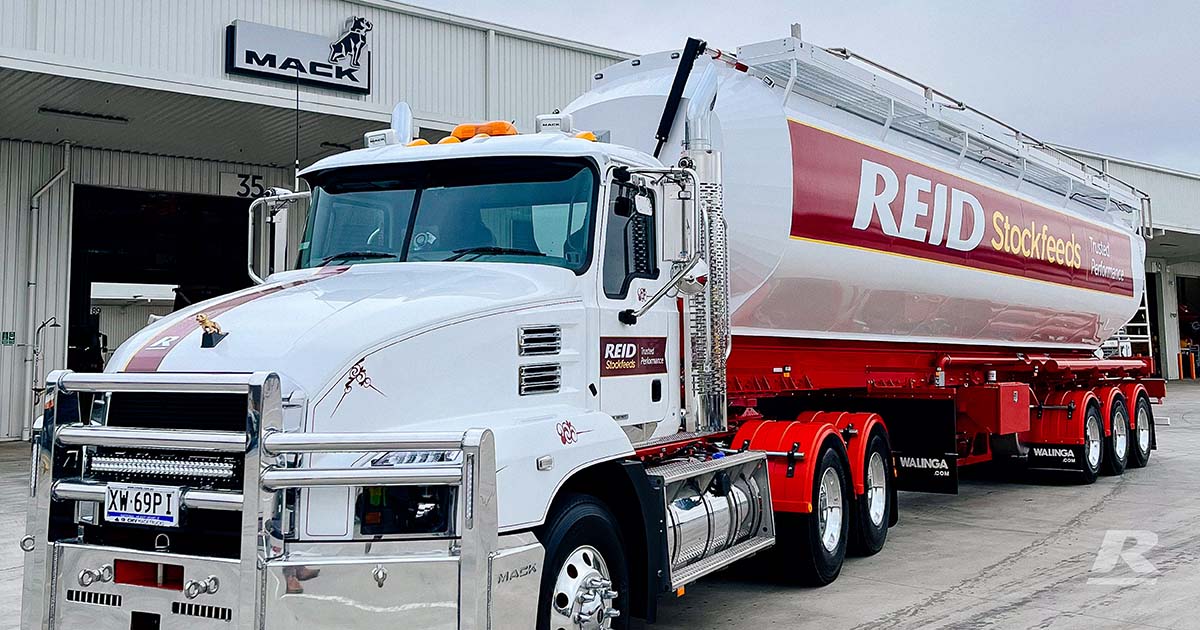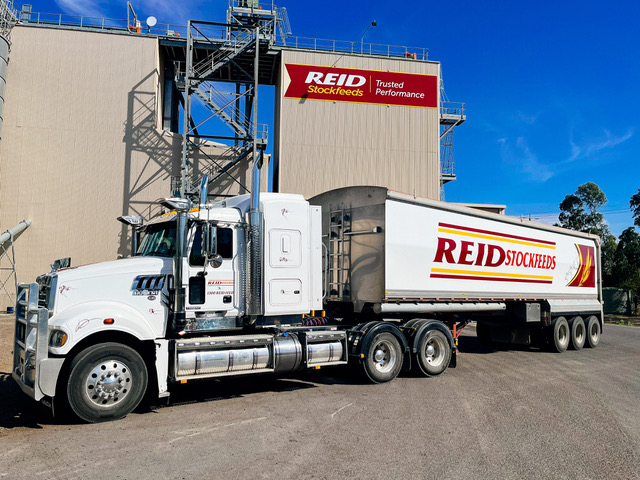At Reid’s we strive to understand our customer needs to better serve. For the last five year’s this has been assisted by our annual survey – in addition to anecdotal stories collected by various customer facing departments.
This valuable feedback has given better direction and at times, simple direction on what’s required from our logistics division, prime amongst these were:
1. Employ drivers who have a pleasant demeanour
2. Drive slowly and safely around the farm premise (less dust!)
3. Communicate with us if unsure about your delivery location and
4. Clean up if you mess up
Whilst every endeavour has been made to achieve these goals, we’ve also had focus to ensure our drivers are equipped with the best resourcing to deliver on these outcomes.
One important step has been our compliance with driver fatigue management laws, which officially came into effect across the transport industry in 2014. Managing driver hours, rest periods, and overall fatigue is critical to ensuring our drivers arrive safely — and to protect everyone on the roads. We’ve fully adopted these rules into our scheduling and rostering systems to give you reliable, legal, and most importantly, safe deliveries, no matter how busy the season gets.
In keeping with our commitment to growth and continual improvement, we’ve upgraded our fleet. Our new trailers offer greater flexibility when it comes to delivery options, allowing us to better cater to different farm layouts, silo heights, and storage vessels.
We’ve modernised the average age of our truck cabs to give our drivers a more comfortable, safer work environment. Modern cabs mean better technology, smoother rides, and less fatigue for the people behind the wheel.
Understanding that grain spills can happen from time to time, we’ve equipped all vehicles with spill kits. Ensuring drivers are ready to manage any feed spills immediately, helping maintain the quality of your site.
Another increasingly vital improvement are biosecurity upgrades. We’ve introduced strict protocols, including the use of disposable protective clothing (where required), vehicle cleaning practices, and wash-bay disinfectant routines. These steps help prevent the spread of unwanted disease such as Avian Influenza.
Behind the wheel, we’re proud to say we’re investing in our people too. We’ve improved the rigour of our recruitment program to find better drivers and developed a comprehensive induction program tailored to the unique requirements of stockfeed deliveries. This ensures every driver understands the correct procedures for safely unloading feed into silos and feeders, and the special care needed when handling different types of deliveries.
The proof, as they say, is in the pudding — and it’s been fantastic to hear your positive feedback. One customer recently shared:
“Morning Nick, I see your trucks and trailers getting around and they look great. Your fleet has really improved since we started doing business. I know it’s not an easy or cheap thing to do. Your delivery guys have also been faultless. Cheers.”
Hearing feedback like this makes every bit of investment and effort worthwhile. Apologies for the unnamed quote, there just hasn’t been the time to get that one cleared, but take my word for it, this happened and was motivating to receive.
No business stands still, and farming is no exception to this. We’re proud to be backing regional businesses with smarter, safer, and more flexible delivery options, and we thank-you for your continued support. It’s an ongoing privilege for a family business such as ours with its own farming roots to be serving an essential sector that puts food back on all our tables.
For tailored guidance on enhancing your herd’s nutrition and management practices, turn to the dairy specialists at Reid Stockfeeds. We offer animal feed in both pellet and mash form and are dedicated to empowering you with expert advice to support the health and performance of your cows.. Call 1300 REID FEED or enquire here >
 Author
Author
Nick Reid
Chief Executive Officer



 Author
Author